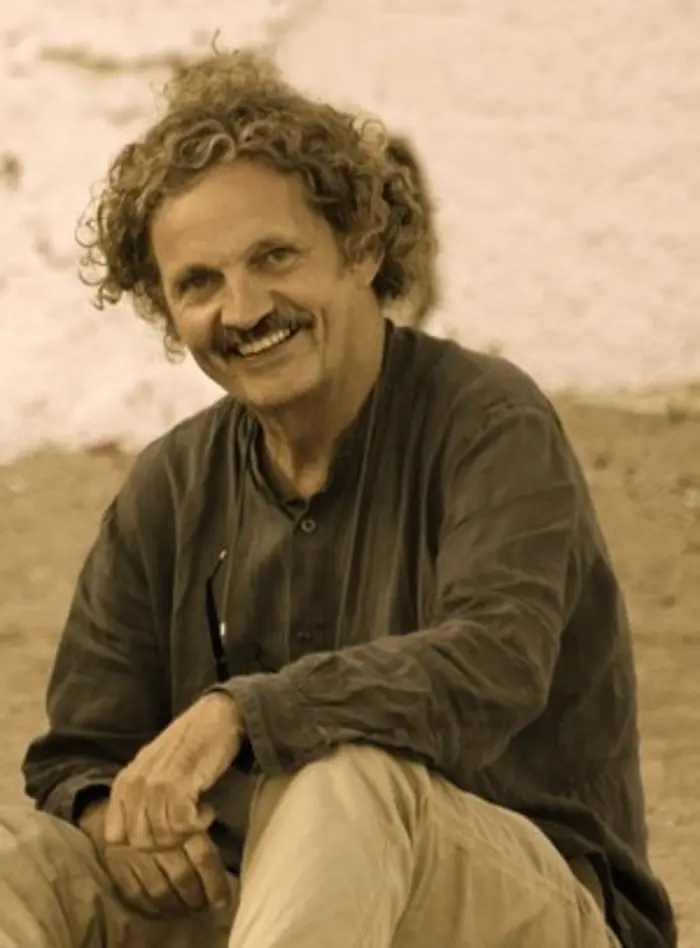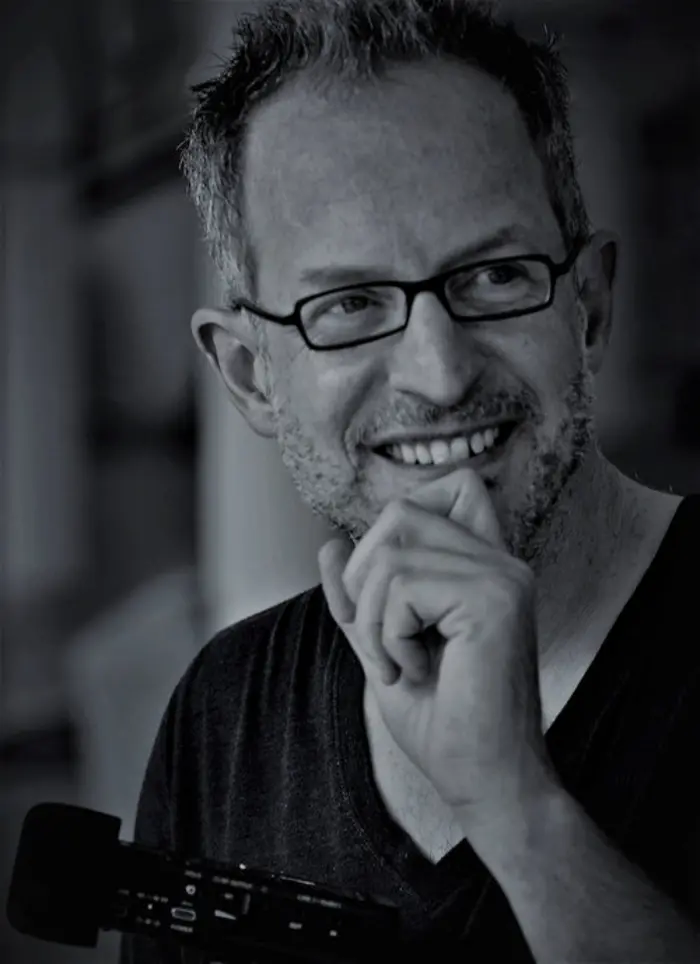[Translate to English:] Werkstatt Prolog
aboutwho are you?to whom did you belong?whispering boxesbehind the scenesmaji maji: war?restitutionstrange?we?creditsprolog Dresden
[Translate to English:] header

whispering boxes
Tens of thousands of objects from Africa, Oceania, Australia, Asia and America, collected from as early as the 16th century, are kept today in Dresden. They followed winding, sometimes tortuous routes to reach us, going from place to place, passing from hand to hand and moving from one building to another before being placed in a glass-box or in a storage crate. Such is the fate of these unique objects, which, before they turned into museum artefacts, once danced, decorated a powerful king, were used to cure illnesses, communicated with the dead or simply served as a food container. Now labeled with an inventory number as a deed of ownership, some of the objects are showcased together with their fellow counterparts, although most remain secluded in storage, waiting for the day when a researcher rediscovers them or a conservator repairs them.
These objects tell fragments of stories, personal and collective narratives as well as local and global stories. They speak about the contexts in which they were created and were used by their initial owners before being collected, sorted and showcased. Rather than representing the spirit of a society, they are a remnant of it.
The biographies of these objects will forever remain incomplete. Therefore, for this first station of Prolog we have attempted to lend them a voice. Inspired by the historical archives, we have transformed the silent objects into narrators. Their whispers remind us that each object hidden in one of these cases or displayed in a showcase holds an incredible source of world history from here and elsewhere. Therefore, please open your ears, listen carefully and take time to hear the whispers of these objects in their crates.




